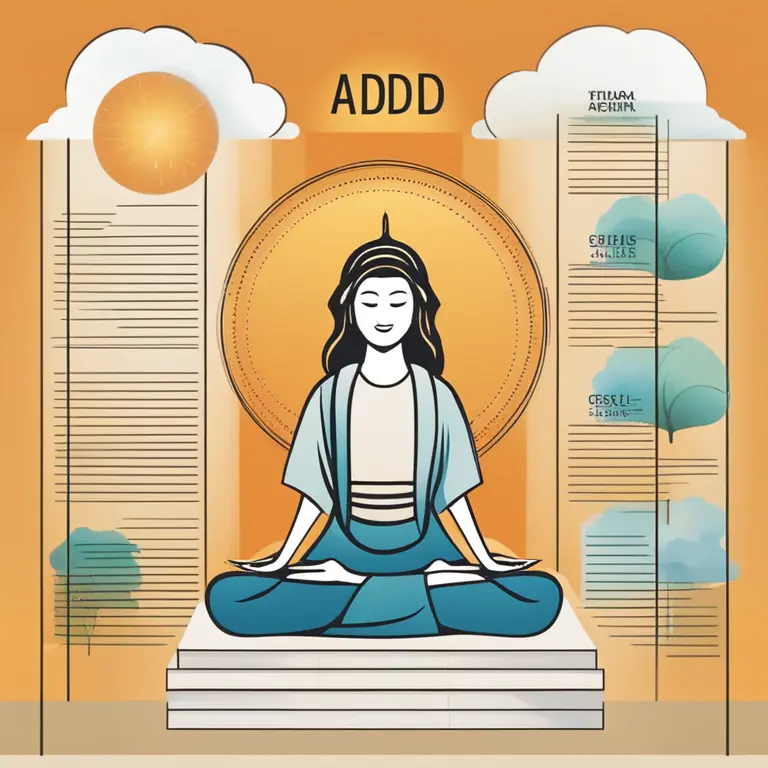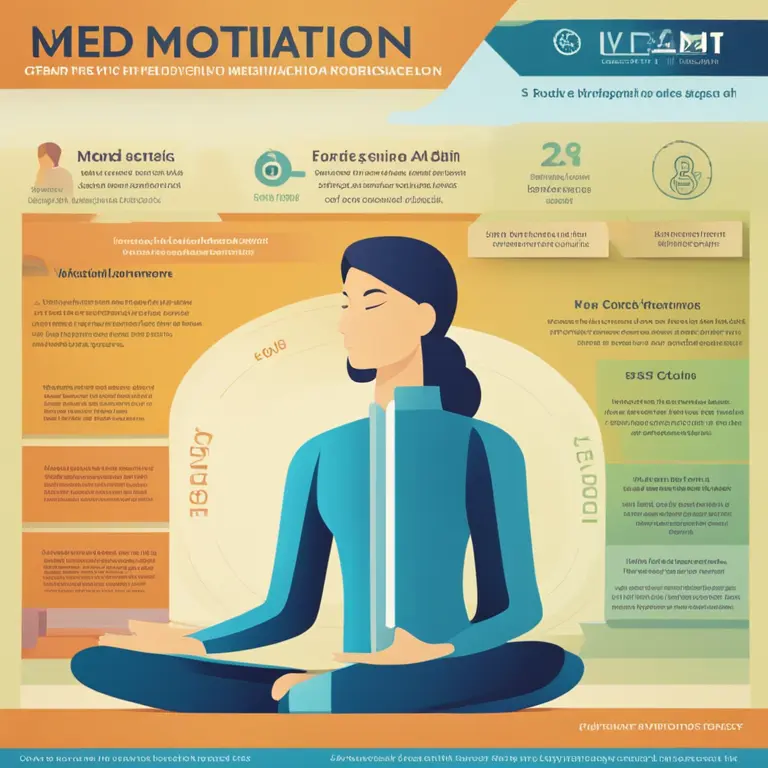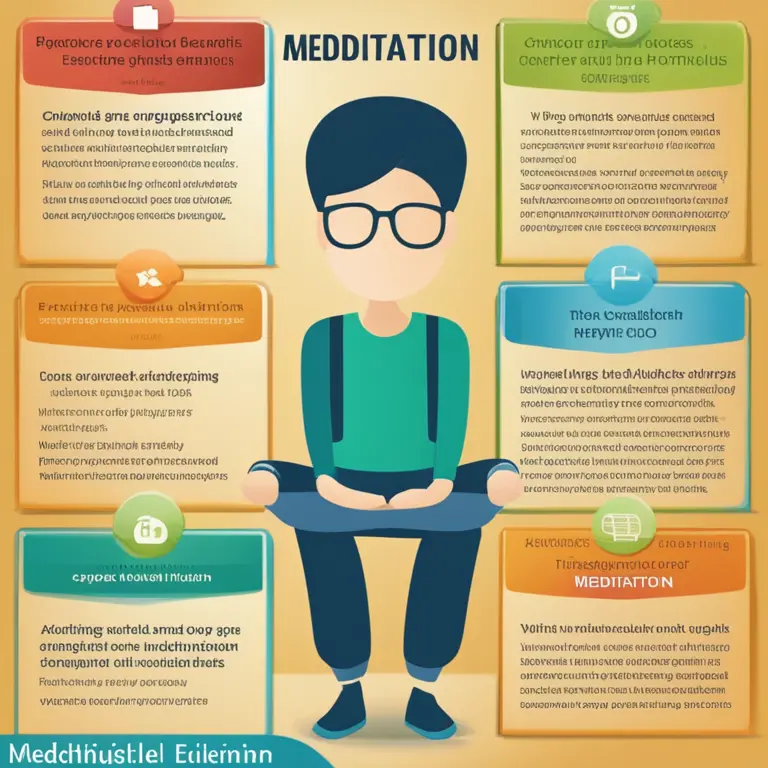
Meditation and ADHD: A Therapeutic Connection
Discover how meditation can potentially serve as a therapeutic complement for managing ADHD symptoms in this insightful article.
article by Hina Kurosawa
Meditation: A New Ally for ADHD
Attention-Deficit/Hyperactivity Disorder (ADHD) is a neurological condition characterized by patterns of inattention, hyperactivity, and impulsivity. In recent years, meditation has emerged as a potential complementary practice for those seeking to manage ADHD symptoms. A growing body of research highlights meditation’s role in enhancing focus, reducing stress, and promoting overall mental well-being. As we endeavor to understand the full scope of holistic treatments, meditation's simplicity and accessibility make it an intriguing option for individuals with ADHD.

How Meditation Supports the ADHD Brain
Meditation may influence the ADHD brain through several mechanisms. It's thought to enhance neuroplasticity, the brain's ability to form new connections, and strengthen existing ones. Studies have shown that regular meditation can increase gray matter density in areas linked to attention and sensory processing. Furthermore, by decreasing the production of stress hormones like cortisol, meditation can foster a calmer mental environment conducive to improved concentration and decision-making in those with ADHD.

Different Modalities of Meditation
Various forms of meditation exist, each potentially beneficial for ADHD. Mindfulness meditation focuses on present-moment awareness and non-judgmental observation, training the mind to remain attentive. On the other hand, concentration meditation, such as Trataka or focused breathing, challenges individuals to maintain focus on a single object or activity, which may be particularly advantageous for improving attention span in ADHD. Moreover, movement-based practices like yoga can be especially appealing for those who find stillness challenging due to hyperactivity.

Empirical Evidence and Research
Recent studies underscore meditation's promise for ADHD management. A 2024 University of California study documented improved attention control and executive functioning among adults with ADHD who engaged in daily meditation over a period of two months. Additionally, neuroscience research is increasingly revealing how meditation can modify brain wave patterns, fostering states that enhance learning and cognitive flexibility, essential skills for individuals coping with ADHD.

Meditation as a Part of a Multimodal Approach
While meditation can be beneficial, it is not a stand-alone solution for ADHD. Experts advocate for a multimodal treatment strategy that includes behavioral therapy, lifestyle adjustments, and when necessary, medication. Meditation can significantly complement these approaches, offering a non-pharmacological tool to help manage daily challenges. It is essential to consult with healthcare professionals to design a comprehensive plan tailored to individual needs.
Implementing Meditation into Daily Life
For individuals with ADHD, establishing a meditation routine can be daunting. However, starting with short sessions and gradually increasing duration can make the practice more approachable. Also, incorporating technology such as meditation apps or guided sessions can assist in maintaining consistency and engagement. It's crucial to create a dedicated space and time for meditation to cultivate a sense of ritual and importance around the practice.
Limitations and Considerations
While the therapeutic benefits of meditation for ADHD are clear, it is not equally effective for everyone. Variability in personal discipline, differing severities of symptoms, and individual responsiveness to meditation can affect outcomes. Additionally, meditation requires consistent practice to yield results, which can be a hurdle for those with ADHD. It’s important to manage expectations and remain patient, as the advantages of meditation often emerge over time.
Published: 1/15/2024
Modified: 1/15/2024
More predictions
Come back here soon to learn more about yourself and your future


Mindfulness & Meditation: A Guide for High Schoolers
Discover the benefits of mindfulness meditation tailored for the hectic life of high school students, and learn simple strategies to incorporate it into the daily routine.


Harmonizing Life with Meditation Mantras
Delve into the transformative power of meditation mantras to align mind, body, and spirit for a harmonious existence.


Mindfulness Meditation Basics for First Graders
Introducing foundational mindfulness meditation practices to instill calm and focus in first-grade students.